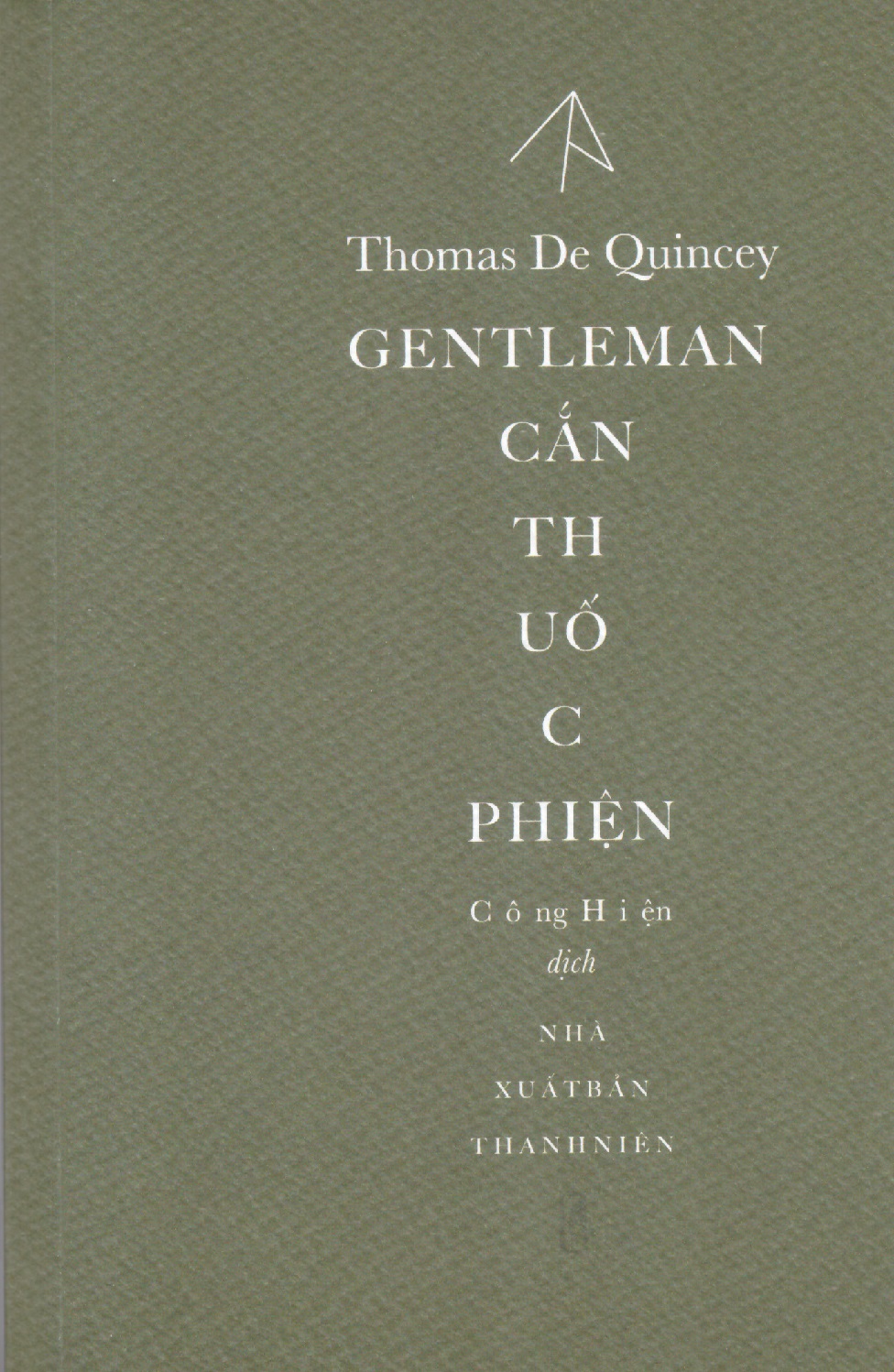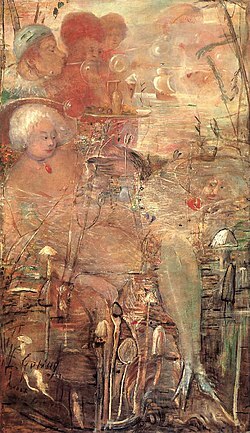What do you think?
Rate this book


144 pages, Paperback
First published January 1, 1821

The stream of London charity flows in a channel which, though deep and mighty, is yet noiseless and underground; not obvious or readily accessible to poor houseless wanderers; and it cannot be denied that the outside air and framework of London society is harsh, cruel, and repulsive.

Tačiau Londono labdarybės srautas, nors ir kokia gilia, plačia vaga teka, yra begarsis ir požeminis - todėl nei regimas, nei prieinamas vargšams benamiams klajokliams. (p. 47)
Kartą viena artima giminaitė man papasakojo, kaip vaikystėje įkrito į upę ir atsidūrusi ties pačia pražūties riba - laimė, pagalbos ji sulaukė pačiu laiku - akimirksniu išvydo visą savo gyvenimą: smulkiausios detalės išsirikiavo viena greta kitos lyg atspindėtos veidrody. Ir staiga ji įgijo gebėjimą tuo pat metu suvokti tiek visumą, tiek kiekvieną jos dalelę. Tuo, remdamasis savo, kaip opijaus vartotojo, patirtimi tikrai tikiu. Esu dukart aptikęs panašių tvirtinimų šiuolaikinėse knygose ir jų teisingumu neabejoju: juos aiškinančiose pastabose teigiama, jog šiurpusis paskutiniojo teismo aprašymas Šventajame Rašte - ne kas kita, kaip kiekvieno iš mūsų sąmonės atspindys. Esu tikras bent tuo, kad iš proto visiškai atimta galimybė pamiršti: tūkstančiai įvykių gali sudaryti ir sudaro šūdą, skiriantį mūsų dabartinę sąmonę nuo slaptų įrašų prote, bet lygiai tokie patys įvykiai tą šydą ir suplėšo, tačiau nesvarbu ar dengiami, ar nedengiami šydo, šie įrašai išlieka amžinai, jie tarytum žvaigždės, kurios, atrodo, pranyksta nušvitus dienos šviesai, nors iš tiesų mes žinome, kad šviesa - tik jas uždengęs šydas, ir žvaigždės telaukia, kol, jas paslėpusiai dienos šviesai pasitraukus, vėl galės pasirodyti. (p. 144-145)
Akimirksniu iškilo reginys -
Didingas miestas, pastatų gausybė,
Paskendus toliuos, galo nėr,
Šio nuostabiausio grožio tolių toliai!
Jie sukurti iš deimantų, iš aukso,
Jų alebastro kupolai, sidabro smailės,
Ir žėrinčios terasos virš terasų,
Ore pakibusios, ir tykūs paviljonai,
Alėjose suspindę, ant viršūnių bokštų,
Dantytom sienom apjuostų, plevena
Skaisčiausios puošmenos - iškilę žvaigždės!
Gamta mūs žemės visa tai sukūrė
Iš audinio tamsios audros, kurią ramybė
Štai ką tik įveikė, tad slėniai,
Viršukalnės ir įlankos, rūkams ištirpus,
Po žydryne dangaus lai ilsis... (p. 149)
